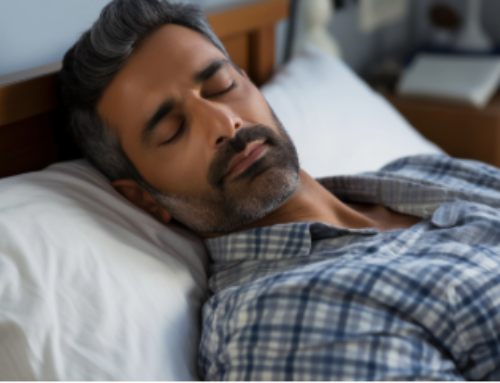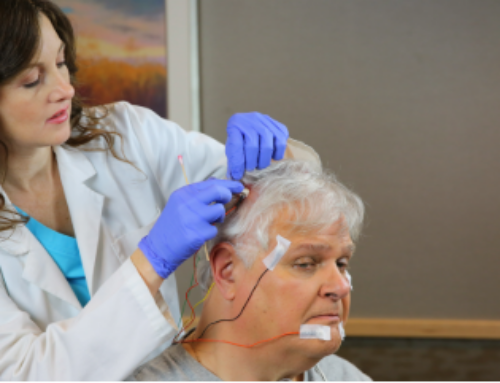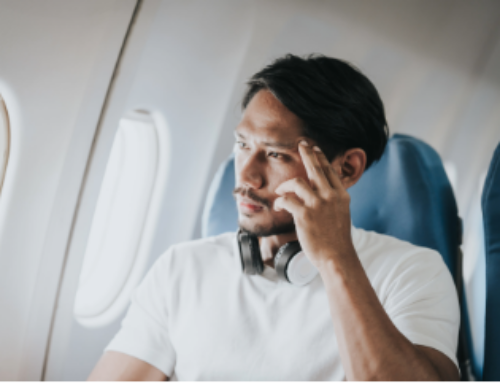A long-term study shows that hypnosis may be an effective treatment option for people with certain parasomnias. The study indicates that hypnosis may be most effective at treating nightmares and sleepwalking. People with sleep terrors may be less likely to improve after hypnotic treatment.
The study group involved 36 people. Each of them had been diagnosed with one of eight parasomnias. They were referred for hypnotherapy by a sleep specialist at the Mayo Sleep Disorders Center.
The age of the participants ranged from 6 years to 71 years. Their parasomnias were long lasting. The average duration of the parasomnias was 18.7 years. In 20 of the study subjects, the parasomnia began to occur before the age of 10.
Episodes of the parasomnias were frequent. They tended to be like “bad habits.” For each person an average of 15.7 episodes occurred during the month prior to evaluation. No one reported fewer than four episodes during that month.
Dr. Peter J. Hauri, the lead author of the study, performed the hypnotic treatment. Hauri is a clinical psychologist and board-certified sleep specialist, trained in hypnosis. The researchers defined hypnosis as “a state of deep physical relaxation but with retention of an active and focused mind.”
The treatment session lasted about 50 minutes. Hauri was unable to hypnotize eight of the 36 people. Nine members of the study group needed a second session. Four people requested and received a “refresher” session six to 12 months later. The researchers are uncertain if more sessions of hypnosis would lead to improved results.
Participants received a tape recording of their hypnosis session. They were told to listen to the tape each day at home for at least two weeks.
Participants completed follow-up surveys after one month, 18 months and five years. Roughly 40 percent of study subjects reported a positive change after hypnosis. They either had no episodes of the parasomnia or were “much improved.” Results remained about the same at all three stages of follow-up.
Twenty-seven participants replied to the one-month survey. Nine respondents reported that no episodes of the parasomnia had occurred since the hypnosis session. Another five respondents indicated that they were “much improved.”
The researchers suggest that the positive change was most likely a result of hypnosis. One month was not enough time for other factors to affect the parasomnias.
Overall results varied according to the type of parasomnia. A high success rate was likely in people with nightmares and sleepwalking. Treatment success was less likely in people with sleep terrors. This is the number of respondents who reported having no episodes in the 18 months after hypnosis:
- Nightmares: 5 of 7 (71%)
- Sleepwalking: 3 of 6 (50%)
- Sleep terrors: 1 of 5 (20%)
Eighteen members of the study group completed the one-page survey at all three follow-up stages. Five of these respondents had no episodes or were much improved for the entire five years. Six of these respondents reported little or no improvement at any of the three follow-up points.
The researchers state that the long-term effect of hypnosis is uncertain. Many other variables could have changed after 18 months or five years. It is even possible that participants received other treatments during that time.
The study was published in the June 15 issue of the Journal of Clinical Sleep Medicine. It was conducted at the Mayo Clinic College of Medicine in Rochester, Minn.





